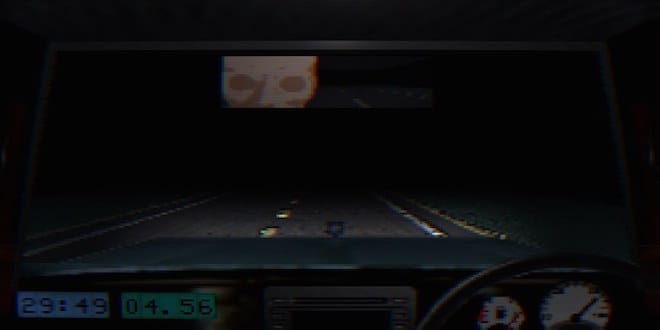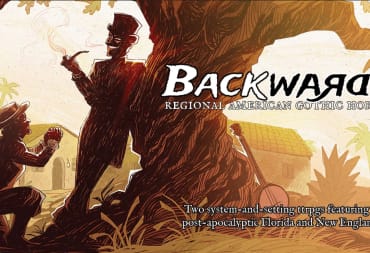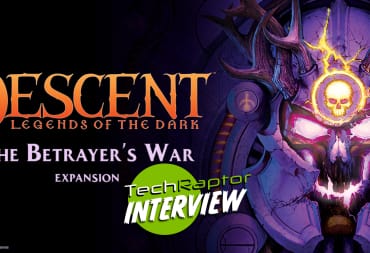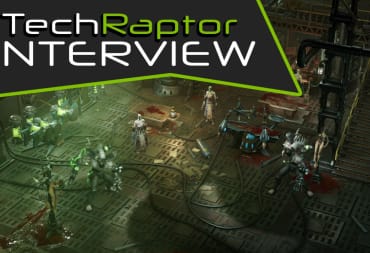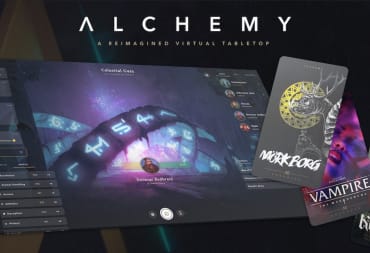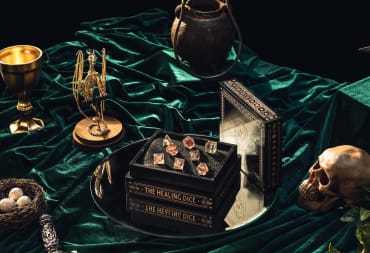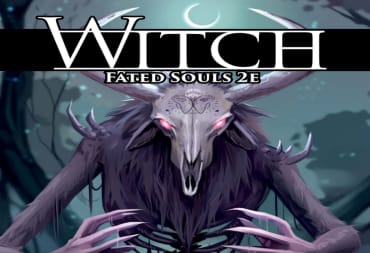Wishes in horror stories never turn out well. Dead End Road is no exception. You made a wish you really shouldn't have, and as you drive down the titular Dead End Road, reality slips away and the paranormal takes hold. Yes, Dead End Road is a procedurally-generated driving horror game. It's an eye-catching premise, and the more I learned about Dead End Road, the more curious I became. Finally, my burning questions were just too much. So I asked the man himself. I managed to get in contact with Paul Brighton of DDDWares to discuss procedural generation, the unique concept, and the future.
TechRaptor: I have to get this one out of the way, what made you want to make a driving-based horror game
Paul: I had just retired a couple of other prototypes and so I was brainstorming game ideas on twitter (shameless plug; follow DDD wares on twitter @depdrawers) by mashing genres together - When I thought of "Horror Driving Game", obviously it is a type of game that is fairly novel which has it's own appeal, but also it's an interesting design challenge given there aren't all that many archetypes / paradigms (that I am aware of) from which to draw from.
When I make a game, principally I want it to be a good game that people like, but also I want to learn something in the process. Therefore I always want to push myself in making something I haven't had any experience in making before.
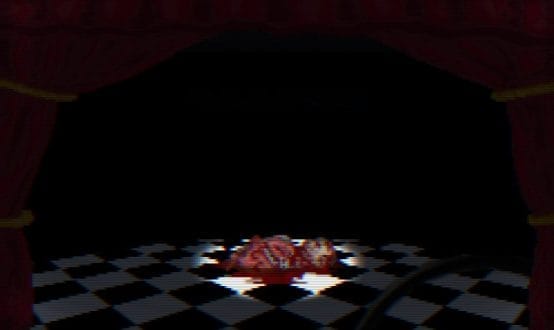
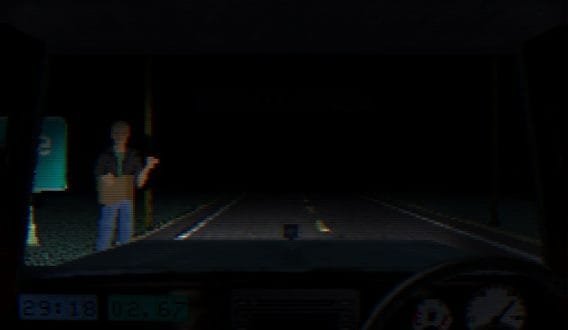
When I make a game, principally I want it to be a good game that people like, but also I want to learn something in the process. Therefore I always want to push myself in making something I haven't had any experience in making before.
TechRaptor: What other games or media inspired Dead End Road?
Paul: The initial "look" of the game was directly inspired by Radiohead's music video for Karma Police"(which incidentally I think is a fantastic video), along with the indie game Power Drill Massacre for it's PSX style graphics. I'm also a big fan of David Lynch's work, which inspired a few of the road events in the game.
I also watched a lot of Outrun footage for inspiration of the car and road movement in game, since the gameplay for the driving element is designed to be that of arcade racing rather than an accurate simulation.
However Outrun simulates 3D using 2D, whereas I'm simulating a 2D look using 3D, as ridiculous as that sounds, because I wanted to take advantage of 3D lighting for the atmosphere of the game, but retain a suitably low-fi aesthetic.
I also watched a lot of Outrun footage for inspiration of the car and road movement in game, since the gameplay for the driving element is designed to be that of arcade racing rather than an accurate simulation.
However Outrun simulates 3D using 2D, whereas I'm simulating a 2D look using 3D, as ridiculous as that sounds, because I wanted to take advantage of 3D lighting for the atmosphere of the game, but retain a suitably low-fi aesthetic.

TechRaptor: How does the wish fulfillment generator work? Roughly how many different wishes are there
Paul: The wish fulfillment system is fundamentally a text parser, therefore the game has an internal dictionary which looks for a match with the player's supplied wish text and pick out the important parts (e.g. if you wish for "A big boat", which is a valid input, the game will focus in on the important part - it's a boat - whilst retaining the adjective (it's a big one)). The game understands concepts like singular, plural and stop words which it uses to build the ending story in a "mad-libs" style, using sentence fragments and the wish itself.
The main wish dictionary is roughly 4000 words (including plurals) and around 200 sentence fragments from which to build the ending from, which gives (what I would consider) a suitably large number of possible combinations.
The main wish dictionary is roughly 4000 words (including plurals) and around 200 sentence fragments from which to build the ending from, which gives (what I would consider) a suitably large number of possible combinations.
TechRaptor: You currently have an itch.io version of the game, how will the Steam release differ?
Paul: I've had the benefit of some additional player feedback as well as development time between the Itch release and the Steam release, therefore the game will be released on Steam with additional content, as well as controller support and tweaked gameplay. People who already own the Itch release will of course receive the same updates free of charge via the Itch platform.
TechRaptor: Procedurally generated horror seems tough to pull off, have you had any major difficulties in making it work?
Paul: Something I've spent a lot of time working on is the pacing of the game, finding a balance between building tension and things actually happening - During April I had the opportunity to watch people play Dead End Road at a local games expo which helped a lot. Over and above that it's been a case of designing events and systems which can sort the frequency of the events and fit them together without becoming too predictable or happening too frequently / not enough.

TechRaptor: Will there be anything that carries over from one run to another?
Paul: At the time of writing there is no carry over between games.
TechRaptor: As Dead End Road's release comes closer, do you have any ideas for what you want to do next
Paul: Funnily enough, the next game is almost finished - It's called "Carpe Deal 'Em", and it's a life sim / card game hybrid - You have a generated character, and you create the events in their life based on your choices in the card game (you can see some images of the game here). I'm currently concentrating on Dead End Road's Steam release, afterwards I will be focused on getting Carpe Deal 'Em out the door. After that however, who knows. It could be almost anything.
TechRaptor: Thank you for your time.
Have a tip, or want to point out something we missed? Leave a Comment or e-mail us at tips@techraptor.net
